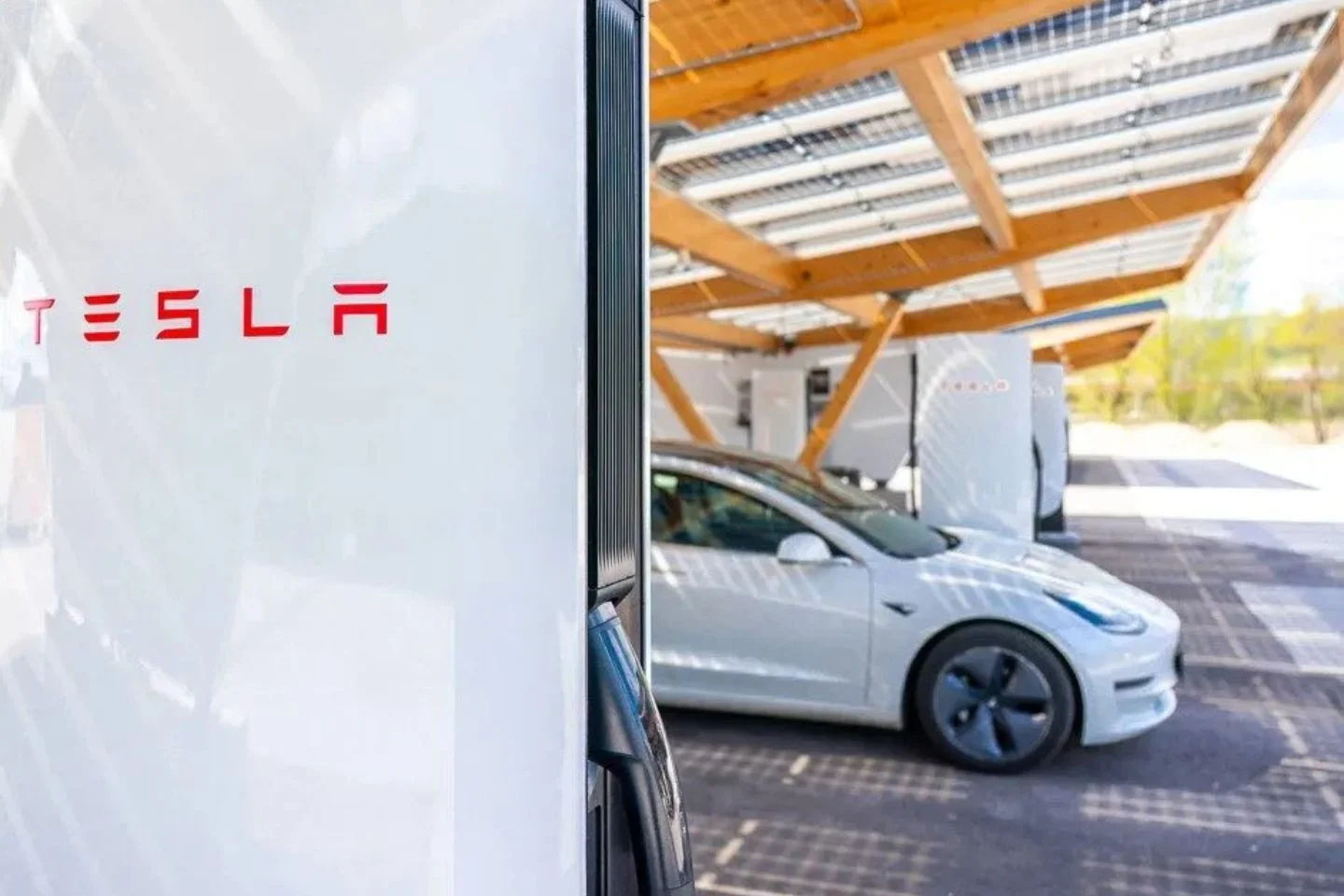New irritating plans from the EU Commission: From 2030, rental car providers and commercial fleet operators in the European Union will no longer be allowed to purchase new cars with combustion engines. The measure is part of the EU’s climate strategy. However, there is resistance from politicians and industry.
According to information from EU circles, the planned ban would affect 60 percent of the new car market. In 2023, 10.6 million new vehicles were registered across the EU, the majority of which were commercial vehicles, with the remaining share accounted for by private customers, who would not be affected initially, according to a recent report in Bild am Sonntag.
The EU Commission intends to officially present the proposal in late summer 2025 and initiate the parliamentary process. The EU Parliament and EU Council would then have to approve the proposal before it could become law. A spokeswoman for the Commission confirmed that work on a new regulation was underway but declined to comment on specific details.
Criticism: “Impractical” and “anti-business”
EU parliamentarian Markus Ferber (CSU, EPP) warns of the consequences for consumers and businesses. In a letter to Commission President Ursula von der Leyen, quoted by Bild am Sonntag, he calls for the plan to be stopped. There is a risk of an artificially accelerated switch to electric vehicles, which would be driven primarily by quotas rather than conviction.
The car rental industry is also sounding the alarm. Nico Gabriel, CEO of industry giant Sixt, calls the plan “impractical”: “Holidaymakers will hardly use rental cars anymore, and consumers will practically no longer be able to lease vehicles.” The charging infrastructure in the EU is still insufficiently developed, which not only leads to uncertainty but also to higher costs for providers and customers.
According to the report, other car rental companies expect prices for their vehicles to rise significantly, which could hit tourism, small businesses, and commuters particularly hard.
EU climate targets and the end of combustion engines from 2035
The measure is linked to the EU’s comprehensive climate targets. Back in 2022, the EU decided to ban new registrations of vehicles with combustion engines from 2035, with a few exceptions. The aim is to drastically reduce the transport sector’s CO₂ emissions.
However, this decision is also facing increasing political resistance. The European People’s Party (EPP) is calling for more openness to technology, for example through the use of CO₂-neutral synthetic fuels. Austria’s ruling ÖVP party has also spoken out clearly against a blanket ban on combustion engines.
Credit: APA















Recent Comments